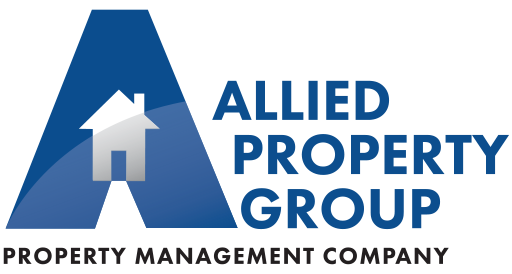Being a condominium or homeowner association board member can be a lot of fun! You get to meet and socialize with more of your neighbors and contribute your ideas on how to improve your community. But it also involves some serious work, especially when it comes to the annual budget.
Budgets are typically approved on an annual basis during the months of October or November but the budgeting process begins late in the summer months. Some associations’ fiscal year does run with the annual calendar, so they should prepare their budget 4-5 months before the start of a new fiscal year. Regardless of when your fiscal year begins and ends, board members should begin the budget process by identifying operational needs and estimating expenses for the coming year. A budget also helps to:
- Create proper reserve funds.
- Measure performance throughout the year.
- Determine the amount of fees to be assessed to each unit owner for the upcoming fiscal year.
Will homeowners be paying a little more, a little less, or about the same as last year? A well thought out budget supplies the answer.
Association Budgeting Rules in Florida
Whether you serve on a condominium association or an HOA, Florida Statutes have a slew of legal requirements that affect the way budgets are presented and what they must contain. Longtime board members may be familiar with the state’s budgeting requirements under Statutes 718 and 720. If you’re a new board member, it helps to know what’s involved before diving in. Here’s a brief overview.
- All associations, whether a condominium or HOA, are required to prepare an annual budget.
- The budget must show the estimated revenues and expenses for the budget year.
- An estimated deficit or surplus for the end of the current year must be reported.
Preparing a Budget for your Condominium or HOA
The budgeting process really involves preparing two components: an operating and a reserve schedule. The objective is to determine what homeowners will be charged for maintaining the common areas.
- Operating budget ensures that all operational costs and expenses are identified. They assist in approximating expenses for the upcoming fiscal year.
- Reserve schedule determines the amounts needed to be set aside for capital expenditures and deferred maintenance.
Florida Statute regulations may be complex, but that doesn’t mean preparing a budget has to be complicated or overwhelming. In fact, once you understand the basics of calculating expenses, the process becomes clear-cut.
Budgeting Tips & Considerations
Unlike a personal household budget where you figure out what you can spend based on your income, a condominium or HOA budget must begin by estimating costs first, which will then determine the amount an owner will be charged.
Operating Component
- Compile the current year’s year-to-date expenses. They will serve as the basis for the new budget year.
- Analyze these expenses carefully and factor out any that are non-recurring, such as plumbing or storm-related emergencies.
- Review your current contracts for escalation clauses and/or scheduled increases.
- Request estimated costs for non-contractual expenses like general repairs and maintenance, utilities, and certain administrative expenses.
Reserve Schedule
Reserve funds are used for two expenses: capital expenditures for common area components, such as roof replacement, pavement resurfacing, and elevator upgrades; and deferred maintenance that generally refers to interior and exterior painting. The funds for these big-ticket items are generally collected over years, not just in the year they’re expected to occur.
The condominium or HOA board may also have certain projects it wants to do that are not covered by reserves. This can include things like pool re-tiling, termite treatments, landscape improvements, and costs to maintain tennis, racquetball, or pickleball courts.
The projection of these fees must be as accurate as possible. Remember, condominiums and HOAs are not-for-profits so it’s important that they do not have a surplus; of course, you don’t want a deficit, either.
Budgeting is a big job, but if you break it down in these easy steps should take the stress away. Preparing an accurate budget keeps your condominium or HOA thriving financially now and in the years to come.



